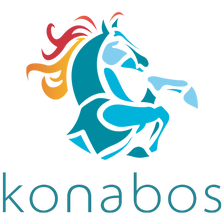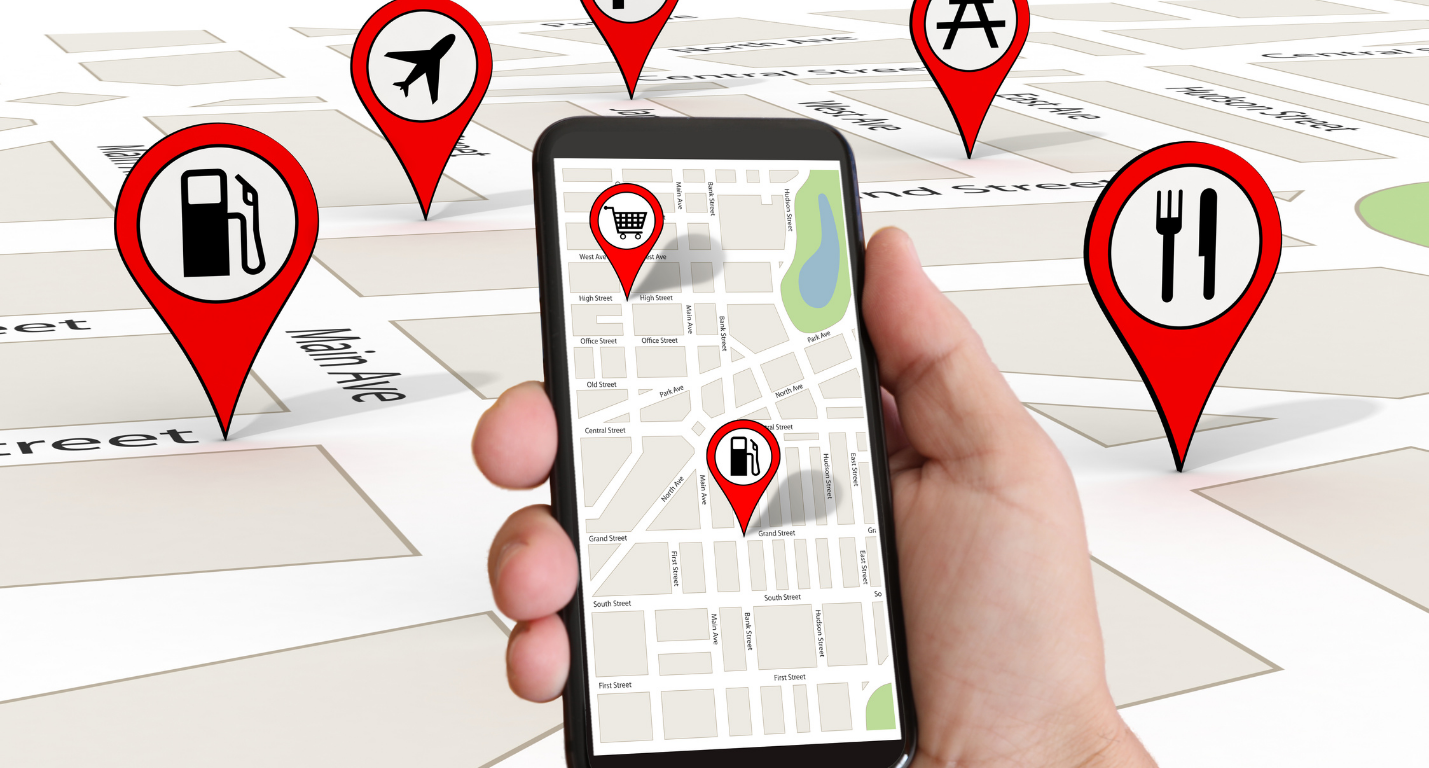Should e-commerce businesses worry about local SEO?
Konabos Inc. - Konabos
23 Feb 2021
When we think of local SEO strategies, we often think of the neighbourhood coffee shops, restaurants, and grocery stores. These businesses provide instant and nearby goods and services; no one orders bars of soaps and toothpaste off Amazon, nor do we drive 30 minutes to grab an average cup of coffee. It makes perfect sense that they would implement local SEO strategies to target people in the vicinity. However, what advantage does local SEO bring if you don’t have a fixed address? Is it even necessary to implement a strategy if you’re trying to target the World Wide Web? The answer is yes, and yes.
According to Google, 46% of searches have local intent, and 92% of people travel less than 20 minutes for their necessities, which confirms the importance of targeting locally. This is not to say that virtual businesses have no challenges in implementing a local SEO strategy. The idea is to find out what can and cannot be done, as there is no point in concentrating on a strategy that won’t work.
Google My Business is Not an Option for Virtual Businesses
Google is quite clear when it comes to virtual business creating a Google My Business page: don’t do it. Only companies with fixed addresses qualify to sign up. Exceptions are made for service-based businesses that operate from home and provide external services to clients (plumbers, electricians, makeup artists). However, if your business resides entirely online, you miss out on this opportunity. Why is this a hindrance? Although your contact information is on your site, it means you won’t show up in Google Local Pack - the place where all local businesses want to find themselves.
Seeing as people are using the “near me” search query more and more (as Google suggests them to do that), ranking locally is essential, and if you don’t make the local pack, your only shot is to rank organically below it. This puts virtual businesses at a disadvantage, but if you’re able to rank number one organically, then you’ll be able to catch the attention of anyone that scrolls down.
Check Out the Competition
How do you determine what cities to target? Check out who your competitors are and what cities they are targeting. Is your competitor based in the suburbs and targeting the city center? If you’re situated in the city, it will make sense to capitalize on it and target locally. It doesn’t matter if customers won’t physically visit your business; emphasizing the “local” aspect and optimizing your website will help with ranking.
Alternatively, if you specialize in a particular field with relatively low competition, you might be able to target numerous cities in the vicinity and capitalize on the uniqueness of your goods and services. Good market research should give you an idea of which direction you should go in with your local SEO strategy.
Get Local Backlinks
Get your brand out there - attend trade shows and conferences, put your marketing efforts in targeting the local community to develop strategic business relationships with them. It’s no secret that greater visibility means a better chance at a higher ROI; however, how does that tie in with local SEO? It helps with backlinking, which gives your website credibility in the eye of Google. By being active in the local community, you increase your chances of having media and industry professionals link back to your site. Rank up enough backlinks from authoritative sites, and you’ll be able to use your local SEO strategy to boost your Google ranking.
Create Targeted Landing Pages
To create effective landing pages, you need to target the right audience and the right location. If your targeted city or copywriting is irrelevant to them, your landing page won’t bring much ROI. One way to see where most of your website traffic originates from is by checking in Google Analytics. The geo-location function allows you to drill down until you can pinpoint the city (or cities), and this allows you to target them with a well-executed optimized landing page.
When optimizing your landing page, always make sure that the city name appears in the URL, the H1, and the metadata so that Google understands its relevance. Just as important is to put a clear call to action. Your call to action (CTA) should be established long before you start designing. Without a clear idea of what you hope your landing page will achieve, your message will never reach the ideal audience. An SEO local landing page is a way to lure carefully segmented people onto your site and get them to convert.
Virtual businesses are undoubtedly challenged in creating locally targeted content that resonates. Ranking on Google is a combination of knowledge, skills, luck, and you’re conscious that you’re always at the mercy of the everchanging Google algorithm. Without being eligible to rank in the top local pack, means that your organic strategy needs to be solid. Searches are increasingly shifting towards map-based searches and ignoring this trend can definitely alienate you from your target market. By focusing on local SEO, you can drive quality leads to your site and build a loyal client base; no fixed address is required.

Konabos Inc.
Yay to Konabosing in style! Content tagged with the Konabos handle is produced by two or more Konabos team members.



Share on social media